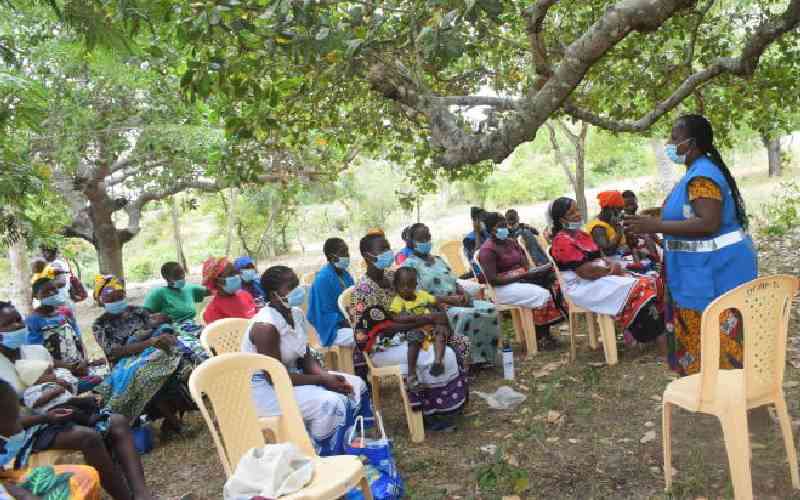×
The Standard e-Paper
Fearless, Trusted News

A recent report by the National Syndetic Diseases Control Council (NSDCC) reveals that at least 41 per cent of all new HIV infections in the country occur among adolescents and young people aged between 15 and 24 years.
This report shows that our mission must now be to improve awareness of all contraceptive methods available and enable young people to make informed choices on their sexual and reproductive health.